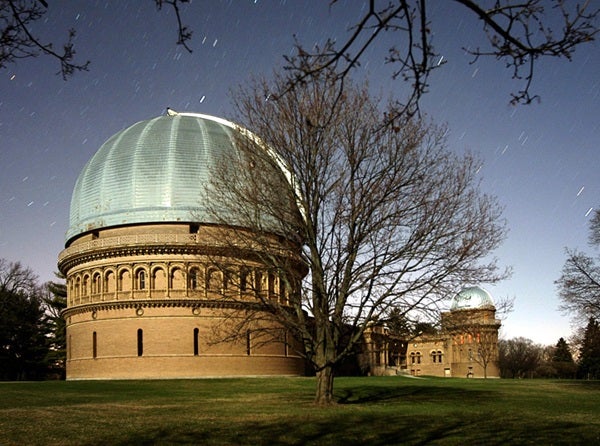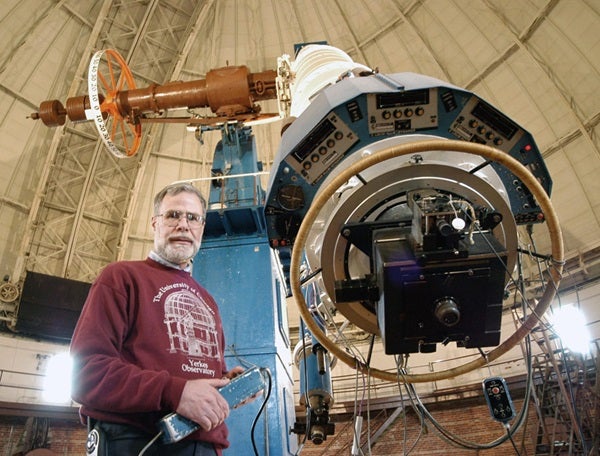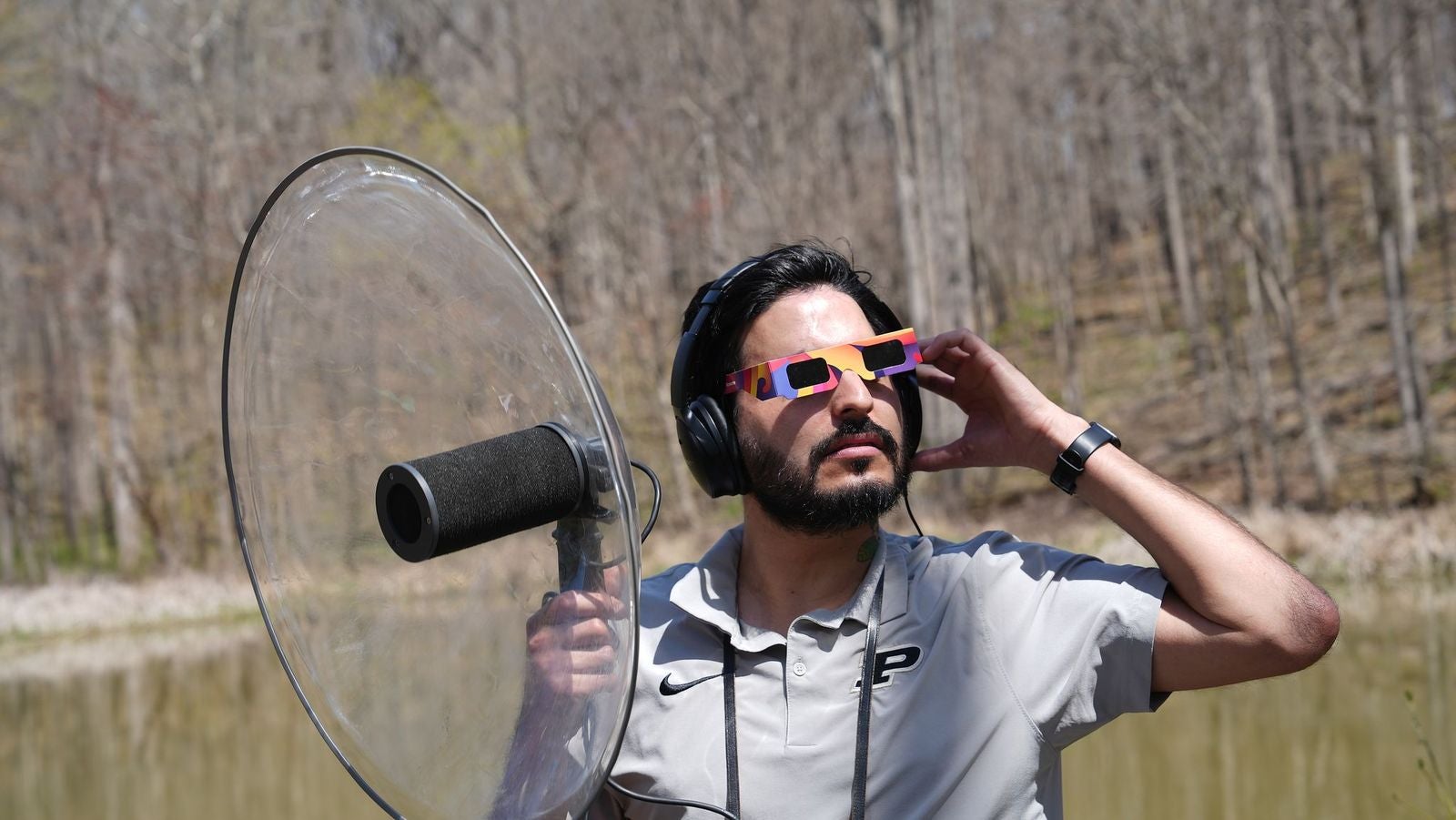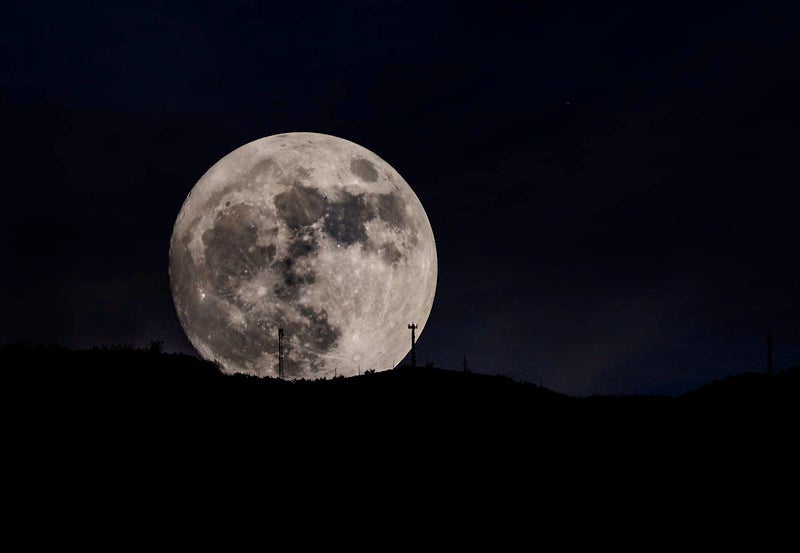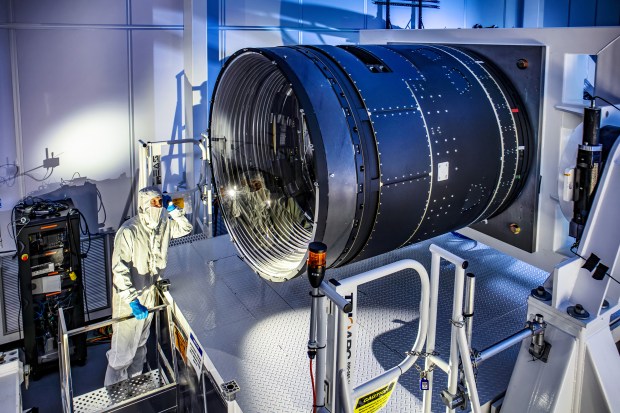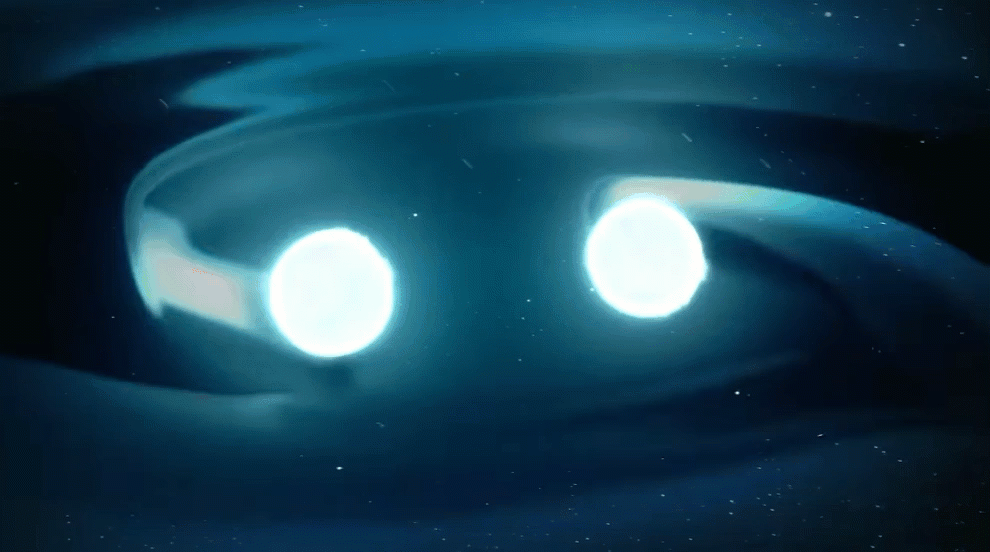Since 2004, rumors have circulated of the sale of historic Yerkes Observatory in Williams Bay, Wisconsin. From these whispers, Aurora University and Mirbeau Companies emerged as the two contenders to buy the historic property. Today, the University of Chicago announced its intent to sell part of the observatory’s property to Mirbeau.
In this agreement, Mirbeau will receive nearly 45 acres to develop a 100-room spa and hotel and build more than 70 homes. The agreement sells the property to Mirbeau for $8 million — about $2 million less than the initial offer. The lower price is based on less acreage and houses than Mirbeau originally proposed. The university’s letter of intent would deed the observatory and more than 30 acres to an exposition district created by Williams Bay.
A board of directors comprised of scientists, educators, and university representatives will control operations. The accepted proposal also creates a 4-acre conservation zone along nearby Lake Geneva, including the entire shoreline. Hotel room taxes and a portion of property taxes generated by the new homes will fund future observatory operations, with potentially more than $400,000 in annual revenue. Conservative estimates gauge annual operation costs at $300,000 a year.
“With thoughtful guidance from the University of Chicago and the Village of Williams Bay, the observatory and its surrounding property will be redeveloped in a way that will honor its historical significance and provide the maximum benefit to the entire Lake Geneva community,” says Linda Dower, co-owner of Mirbeau Companies. “We look forward to being a part of this great work.”
The $8 million would go to fund astronomical research at the University of Chicago.
The University of Chicago will still conduct educational programs at Yerkes. The university’s Department of Astronomy and Astrophysics was heavily involved with maintaining outreach as a key component of the modern observatory.
“We want to ensure the observatory will be used for educational outreach by us and other universities,” Department Chair Angela Olinto told Astronomy. “This will hopefully make sure new development will not interfere with public education.”
Concerning the limited, yet significant, research still performed at Yerkes, Olinto believes it will be completed within a year, and will not be interfered with by new development.
The village of Williams Bay was surprised by today’s announcement. Village Board President Don Weyhrauch told Astronomy that the board will elicit public opinion on the impending sale.
“First, we will speak with the University of Chicago on how they came to this decision,” explains Weyhrauch. “We will hold public hearings, especially with neighborhood groups near the observatory, and use this input to go forward.”
Currently, the property is zoned as institutional. For Mirbeau’s plan to become reality, the nearly 45 acres would have to be rezoned as commercial-residential property. The Village Board has yet to discuss this matter. Despite the board’s unawareness of the university’s announcement, it is looking forward to keeping the outreach going at the observatory.
“We do not want to alienate the scientific community,” Weyhrauch told Astronomy. “We will work to preserve the grounds around Yerkes and keep it viable.”
Dedicated in 1897, Yerkes Observatory’s 40-inch telescope is the world’s largest refractor. The observatory also houses 40-inch and 24-inch reflectors. Many influential astronomers, including Edwin Hubble and Subrahmanyan Chandrasekhar, have conducted research at Yerkes.

